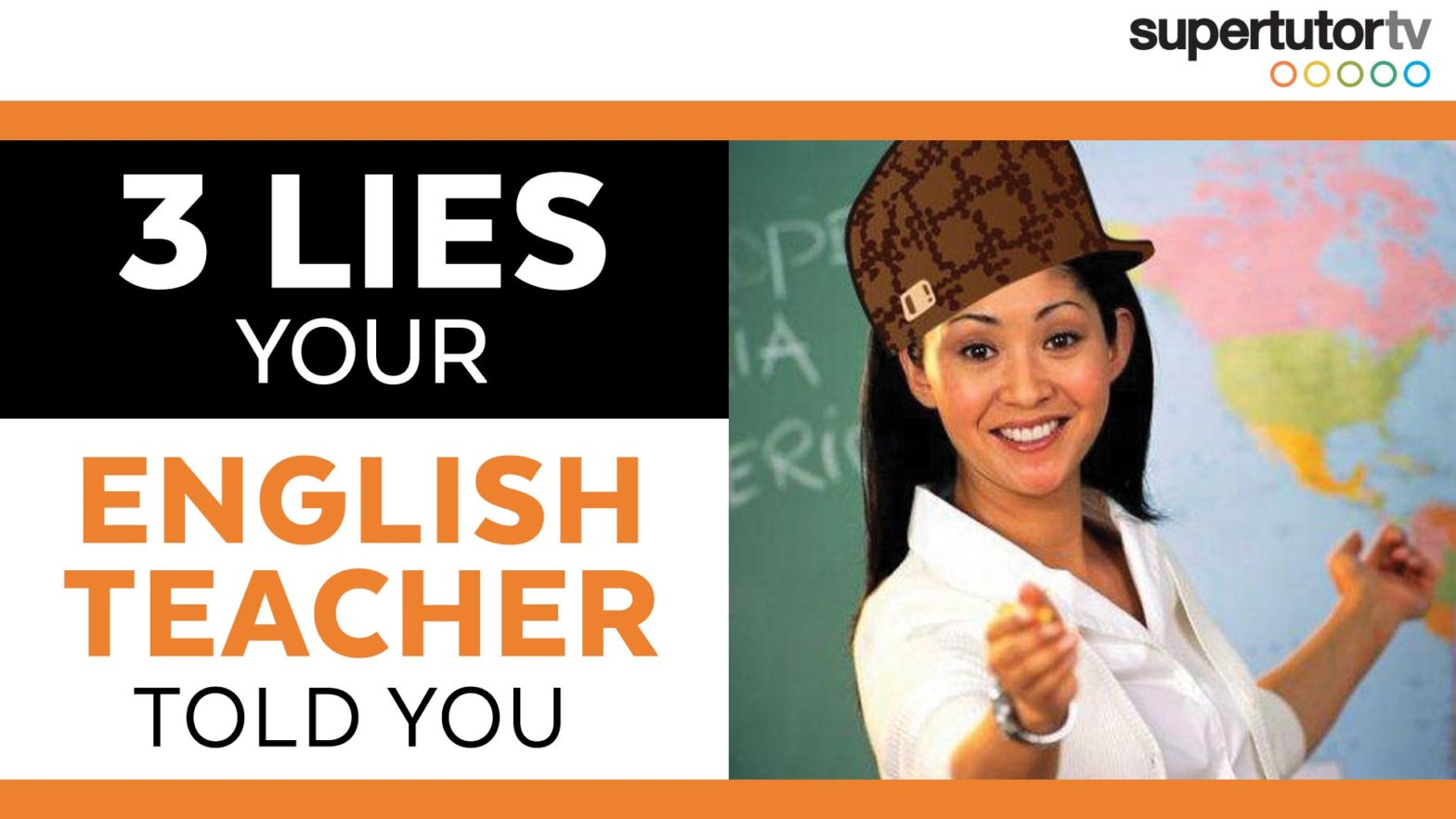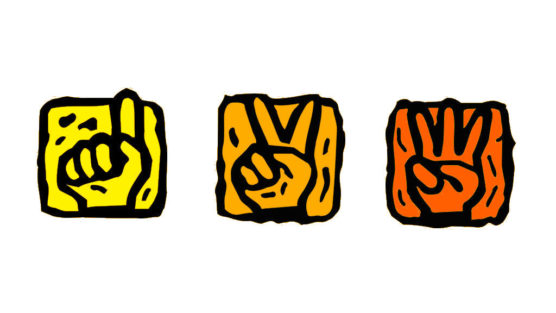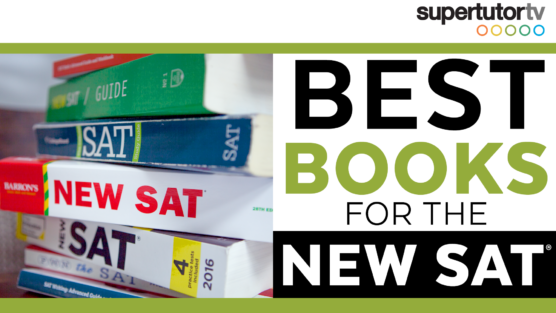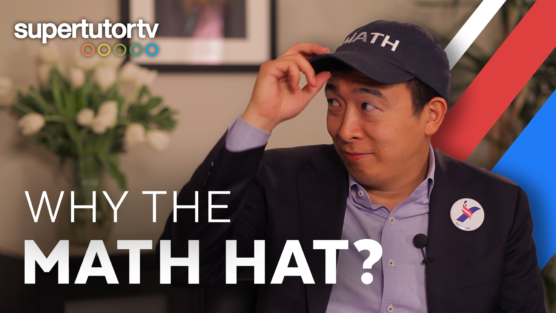Yes, your teachers in elementary school lied to you. These 3 incorrect grammar rules have been holding back your writing skills, and I’m here to tell you why.
English Teacher Lie #1: Never begin a sentence with because, but, or and.
The reason your teachers told you not to start a sentence with because is that when you were in third grade, you were very likely to misuse “because.” Kids often start a clause with because and then put a period after that clause, rather than complete the sentence. For example, many third graders will write sentences that say things such as “Because it’s really fun.” They’ll call that a sentence, but it’s not a sentence– it’s a dependent clause. “Because” always starts a dependent clause. In order for because to start something that’s a complete sentence, you have to finish that sentence with a second clause that’s an independent clause.
For example, you start a sentence with, “Because I was tired, I took a nap.” That is perfectly fine because before the comma is a dependent clause, which attaches to the independent clause to the beginning of the sentence. But we don’t want dependent clauses then a period; that was the mistake that students were making in elementary school, but teachers made the mistake of telling you that you can’t start any sentences with because, which actually isn’t true. You totally can, but you need to be grammatically correct and have two clauses.
In terms of starting sentences with but and and, again the reason teachers tell you not to do this is that they get all these papers from third graders that say, “I went to the store. And I bought a lollipop. And it tastes really good. And then we went home.” They just sound like an endless stream of and‘s. But and can be used at the beginning of sentences. In fact, and and but beginning sentences are incredibly common. It actually takes about five seconds to find a sentence beginning with and in any New York Times article. Using and to begin a sentence adds emphasis and cadence to the it.
But is also very useful to use at the beginning of the sentence; you can find examples of this almost anywhere in critical reviews. Whenever we’re trying to give our opinion, we can use but to steer people toward our point of view. We can talk about other peoples’ point of view, and then we say, “but,” and then we say what we really want people to focus on. It’s a really useful tool; everyone’s using it!
English Teacher Lie #2: Never end a sentence with a preposition.
You can end a sentence with a preposition, and sometime you have to end it with a preposition to make it grammatically correct. If I asked you, “What is your paper about?” About is a preposition. My paper is about this. Here’s the rule with prepositions: it’s not that you can’t end a sentence with a preposition, it’s that you need to have an object somewhere.
Here, the object is what; let’s rearrange the question. “My paper is about what?” The what is what it’s about. So as long as you have an object of the preposition somewhere in the sentence, it’s totally fine if it ends in a preposition. Don’t get so hung up about having a preposition at the end of a sentence. Just make sure you know what the object of the preposition is, and the object can be somewhere else in the sentence.
English Teacher Lie #3: Always put a colon in front of a list.
This one comes up on the SAT and ACT a lot. While it is true that you can put a colon in front of a list, you don’t always put a colon in front of lists because there are other rules at play with the colon that have to be met. Namely whatever comes in front of the colon needs to be a complete, independent clause. Sometimes, we don’t have this independent clause in front of a list.
The other thing about putting a colon in front of a list is that we don’t use a colon if we use other grammatical tools to introduce the list. For example, if we use for example in front of the list, we don’t need the colon. If we use the words such as in front of a list, we don’t need a colon. If we put the word including in front of a list, we don’t use the colon. If we put a colon after any of these phrases, it’s awkward because of the added pause.
The first rule of colons is, generally, before the colon we should be able to swap that colon with a period, and the complete clause left over should grammatically make sense. For example, I packed many items including a toothbrush, a hat, and a bandana. Notice the lack of a colon; if I get rid of the word “including,” then yes I can use colon. The mistake is to believe that any time you use a list, you use a colon. You can use a colon in front of a list, but you don’t use it if there’s something setting up the list. There needs to be a complete clause in front the colon itself for the colon to be present. However, there are many other uses for the colon, and some people don’t know its other uses and think it is only for lists.
Looking for more information on how to improve your writing and grammar style? Check out these SupertutorTV recommended books:
The Elements Of Style, Fourth Ed.
Writing Tools: 55 Essential Strategies for Every Writer
They Say / I Say: The Moves That Matter in Academic Writing





